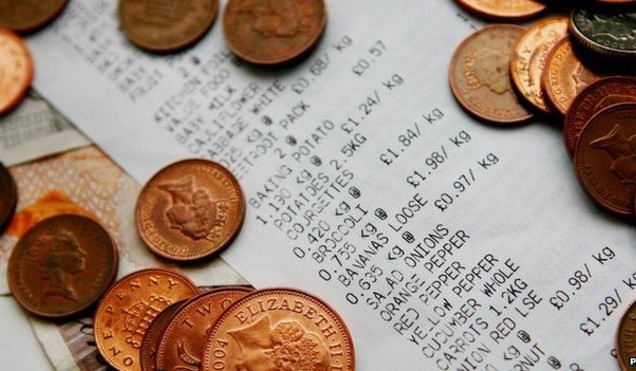Consumers could be braced for price rises after UK inflation rose to a 29-month high of 1.6 per cent in December 2016.
A surge in air fares and food prices were the main contributors to the increase in the Consumer Price Index (CPI), the Office for National Statistics said today.
There was also a more gradual drop in the cost of petrol than a year ago.
The data on factory gate prices showed output prices rising by 2.7 per cent on the year to December 2016 and 0.1 per cent on the month – the sixth consecutive period of annual growth and the eleven of monthly growth.
The prices of fuels and materials bought and sold by UK manufacturers rose by 15.8 per cent on the year to December 2016.
The cost of imported materials and fuels was the largest driver of growth – a result of the falling value of the pound and a recovery in global crude oil prices.
GBCC chief executive Paul Faulkner said: “December saw an expected rise in inflation, which despite a slight dip in October, continued a steady increase that marked the last 12 months.
“Given the falling value of the pound, it was unsurprising to see manufacturers citing increases costs across the board.
“As the Chancellor noted in the Autumn Statement, inflation is likely to steadily rise throughout the year and although businesses have taken steps to ensure they are absorbing costs, it remains to be seen just how long this process will continue before it has a significant impact on consumer spending levels.
“Businesses surveyed in our latest Quarterly Economic Survey also expressed their concerns over rising input prices and the uncertainty surrounding exchange rates will have on their output.
“Nonetheless, our research found that both manufacturers and services firms reported a welcome upturn in their domestic and international output.
“This suggests that firms in our region are setting aside these political concerns and getting on with what they do best – producing high quality goods and providing excellent services.
“With the expected invocation of Article 50 likely to take place in March, we will be calling on the Government to provide a clear and effective blueprint via its Industrial Strategy to ensure local businesses are given the tools to continue to flourish and unlock their full potential.”





















